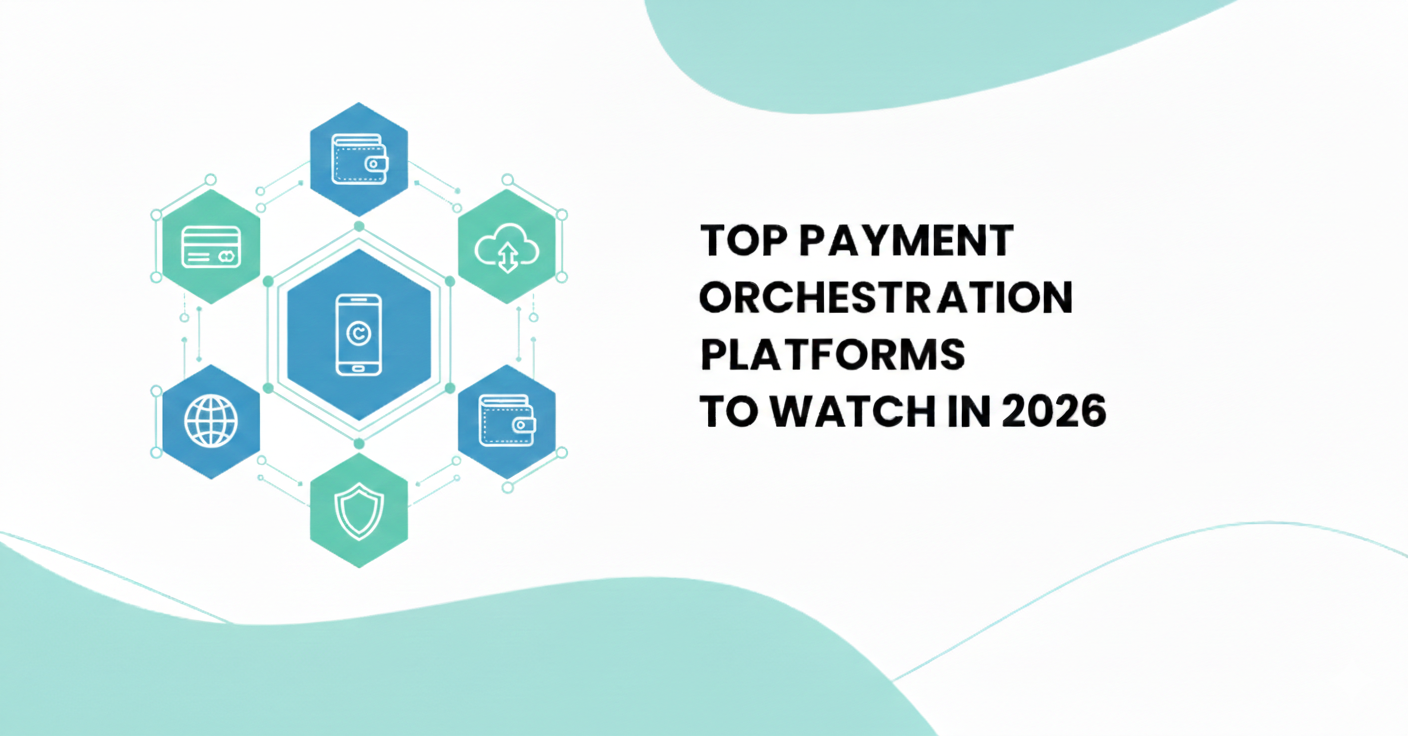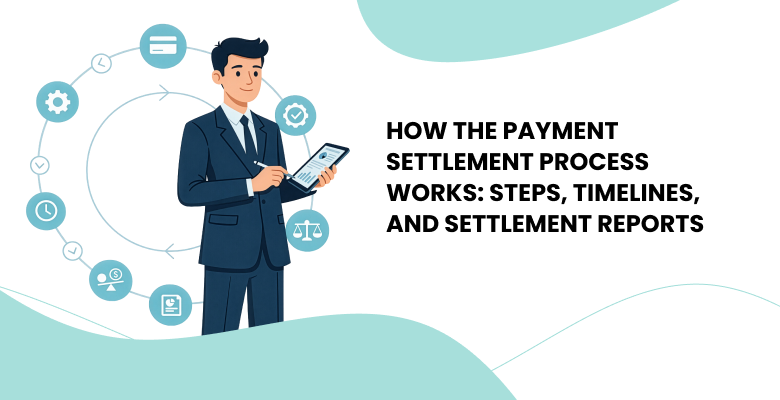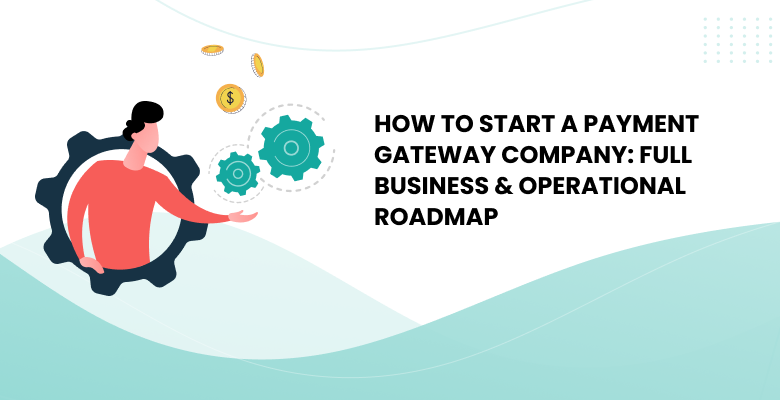Tap is a fintech company that develops products to improve the efficacy of the regional and international payment industry. The Tap’s team developed a digital wallet and contactless payment solution based in Kuwait. The company behind the platform created the whole infrastructure with products that strengthen its own ecosystem and make solid contributions to the overall industry.
At the time of writing, Tap can boast over a thousand integrations and this figure continues to grow. The company conducts activity in more than 7 countries trying to expand its geography of use. The number of successful transactions has already exceeded a million.
It is also worth mentioning its role in MENA payments, since it makes the procedure easier. In general, the company’s primary focus is on simplifying payment processes for businesses locally and globally. Its secure and integrated platform unites a broad spectrum of regional and international payment methods, enabling businesses to streamline their payment operations. Tap Payments specializes in a multitude of payment-related services, encompassing payment gateway, invoicing, offline billing, online billing, eCommerce, payment processing, goCollect, the company’s payment service that allows businesses to send payment links and collect payments from their customers online, goSell, a payment gateway solution, and goTap, mPOS solution that enables businesses to accept card payments anywhere, anytime, using their mobile devices.
The company offers a range of services, including Tap Pay, which allows users to make payments with their smartphones, and Tap Business, which provides businesses with a range of payment solutions. Tap also offers Tap Order, a mobile ordering platform for restaurants and cafes, and Tap Delivery, a delivery management system for businesses. The company’s services are available in Kuwait, the United Arab Emirates, and Saudi Arabia. Tap aims to provide a seamless and secure payment experience for its users, with features such as biometric authentication and tokenization to protect sensitive financial information.
History of the platform
In 2014, the founders of Tap found themselves in a situation where Middle Eastern business owners and consumers were facing difficulties buying and selling things online due to complicated systems and inflexible payment methods. They knew there had to be a better way and thus, Tap was born in Kuwait in May 2013, ushering in a new era of doing business online in the Middle East. With Tap, businesses could finally bill, accept, receive, and make payments online in an easier, faster, and smoother way. Payment clearances that used to take days and weeks to set up, now took just a few hours. Tap made it possible to integrate local businesses with global e-commerce platforms. Tap now supports over 1000 businesses and major corporations, securing tens of thousands of transactions for consumers worldwide. The company is based in Kuwait, where the team is working tirelessly to make life easier and businesses stronger.
Tap highlights
The company offers a feature-rich platform that provides everything needed to build a smooth payment experience. Payment requests can be directed seamlessly through the Tap gateway, and a Payment API allows users to include a tracking feature to monitor payment status changes in real-time. A subscription API enables interacting with the system programmatically from the company’s own applications. Tap Payments API is designed to be easy to use and customizable, allowing merchants to create a payment experience that fits their needs.
Refund requests are also painless and easy to make through the platform’s API, using account-to-account refund requests. With these features, Tap aims to provide a comprehensive payment solution that simplifies the payment process for both businesses and consumers.
How to connect to the system
Merchants should create the account in the system of Tap Payments and then verify it. Once the account is verified, merchants can integrate with Tap Payments API to start accepting payments. Before going live, merchants can test their integration by using the sandbox environment. Once they are satisfied with the integration, they can switch to the production environment and start accepting real payments.











